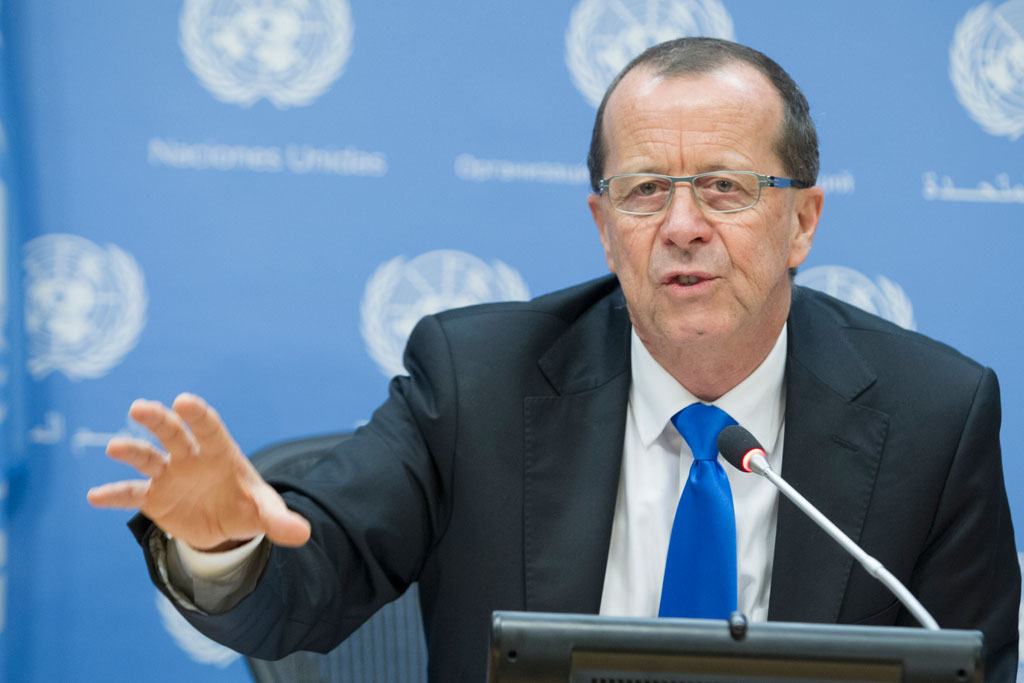Cairo- A tripartite meeting bringing together Egypt, Tunisia and Algeria to find a solution to the Libyan crisis will be held on Sunday instead of March 1, the Tunisian Foreign Ministry announced on Friday.
In an official statement, the ministry said: “Upon consultations with the Egyptian and Algerian foreign ministers, it was decided that the meeting, hosted by Tunisia, be brought forward.”
The meeting will tackle the results of the consultations the three countries have conducted with the Libyan factions to reach common viewpoints, according to the ministry statement.
It will also lay the foundations of a consensual political solution to the crisis and create the appropriate conditions to bring Libyan parties to the dialogue table.
The ministry explained that Tunisian President Beji Caid Essebsi will meet with the ministers later Monday, and the three officials will present the outcome of their meeting to him.
In this matter, Egyptian Army Chief of Staff Mahmoud Hegazi, who is mediating talks between the Libyan factions on behalf of Cairo, received a delegation on Thursday from Libya’s High Council of State.
This was the latest visit by officials from Libya to discuss with Egyptian officials efforts to resolve the country’s crisis.
Over the past months, Cairo has held meetings with different Libyan political factions as Egypt stressed the need for a political consensus to end the crisis in the country.
Tunisia’s Muslim Brotherhood (MB), Ennahda, which is part of the coalition governing the country, is also fully involved, according to its leader Rashid Ghannouchi.
Its role, though, is to convince the Libyan MB and other Islamists to moderate their views and accept a broad-based Libyan government.
For his part, Special Representative of the U.N. Secretary-General for Libya Martin Kobler reiterated his full support to the Libyan Political Agreement and its institutions and warned Libyan groups against attempts to achieve political gains by force.
Kobler said that efforts to obstruct the implementation of the agreement will generate more disorder and insecurity.
He further called for a united Libyan army operating under civilian control and with a clear chain of command, which provides security for all Libyans.
